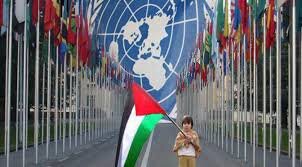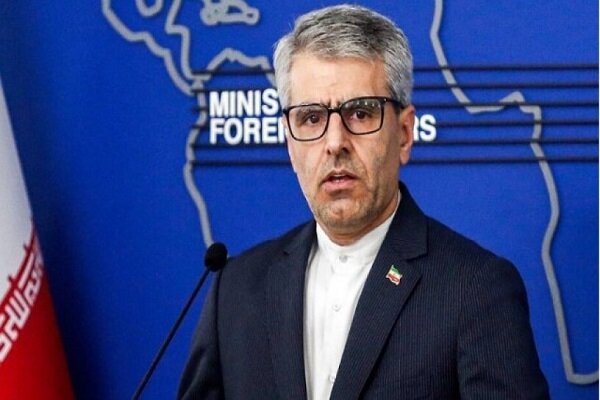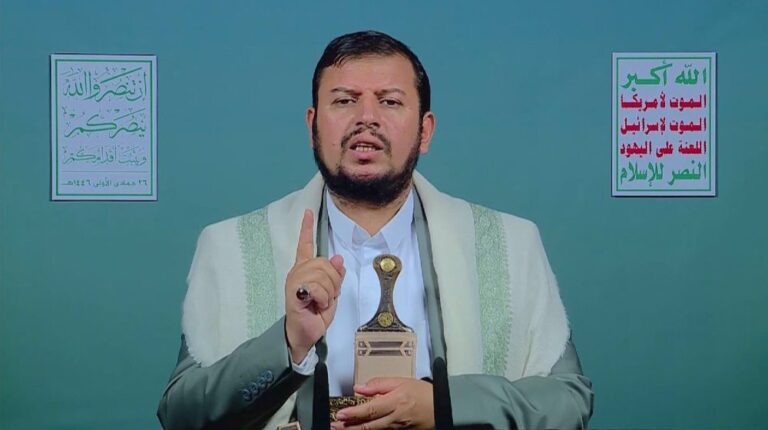Tragic Toll: Over 65 Palestinians Lose Lives in Israeli Prisons Amid Growing Tensions
The alarming situation of Palestinian abductees in Israeli jails has drawn significant attention, especially following the distressing accounts shared by those recently released. According to the Palestinian Prisoners’ Society (PPS), the ongoing conflict has resulted in dire consequences for many detainees, prompting urgent calls for action and awareness.
In a statement released on Monday, the PPS reported that the number of Palestinian abductees who have tragically lost their lives in Israeli prisons since the onset of the ongoing conflict in Gaza has risen to 65, including a child. This distressing statistic highlights the severe humanitarian crisis faced by these individuals.
- The report indicates that at least 40 of these fatalities are attributed to inmates abducted during the conflict in Gaza.
- Additionally, it was noted that there are 74 slain detainees whose bodies are still being withheld by the Israeli authorities, with 63 of these individuals having been in custody since the start of the conflict.
In a related concern, the Commission of Detainees and Ex-Detainees Affairs has raised alarms about the inhumane conditions prevalent in Israeli prisons, particularly at Damon Prison, where female detainees are reportedly facing extreme hardships. The Commission’s findings paint a grim picture of the living conditions endured by these women.
- Food scarcity has become a critical issue, with reports indicating that the quality of available food is poor. This has resulted in serious digestive problems and significant weight loss among the inmates.
- Many detainees are confined to filthy, blood-stained cells, receiving only a small mattress for comfort and often going without food.
- Moreover, the psychological toll of incarceration is exacerbated by insults and humiliation faced by the detainees during their time in custody.
One harrowing account comes from Karam Musa, a 53-year-old prisoner from Surra in the Nablus Governorate, detained on February 25, 2025. Karam shared that he has been kept in a blood-stained cell, devoid of any space for prayer and lacking basic necessities, including food. He reported that the Israeli Prison Service provides just one plate of legumes for every eight prisoners, highlighting the extreme scarcity of food available.
Conditions in the prison are so dire that the break period for inmates has been reduced to a mere hour, which is primarily designated for showering. This limited time further compounds the misery faced by the detainees.
Another distressing case is that of Hanin Jaber, a 44-year-old prisoner who has lost eight kilograms due to malnutrition during her five-month detention. Hanin was arrested on December 3, 2024, while out for a walk with her children, and is accused of sheltering her son, whom the Israeli regime labels as “wanted.”
Furthermore, prisoner Fidaa Suhail Assaf, aged 49, from Kafr Laqif in the Qalqilya Governorate, has been battling leukemia for a year prior to her arrest. Her health has deteriorated significantly due to the lack of proper medical care and the harsh conditions of imprisonment.
These accounts serve as a stark reminder of the ongoing struggles faced by Palestinian detainees in Israeli jails. The combination of inadequate nutrition, poor living conditions, and psychological torment paints a troubling picture of the humanitarian crisis that continues to unfold.
It is imperative that the international community takes notice of these conditions and advocates for the rights and well-being of all detainees, ensuring that they are treated with dignity and humanity. The voices of those suffering must be heard, and efforts must be made to address the critical situation within these prisons.
As more individuals come forward with their stories, it becomes increasingly vital to shine a light on the realities faced by Palestinian abductees, fostering a dialogue that aims for justice and change. The plight of these individuals demands urgent attention and action from human rights organizations and concerned citizens around the globe.






